DOE announces up to $6M to develop clean energy products from coal and coal wastes
Green Car Congress
AUGUST 8, 2022
The US Department of Energy’s (DOE) Office of Fossil Energy and Carbon Management (FECM) has announced up to $6 million available ( DE-FOA-0002620 ) for research and development (R&D) projects that will repurpose domestic coal resources for products that can be employed in clean energy technologies such as batteries and advanced manufacturing.








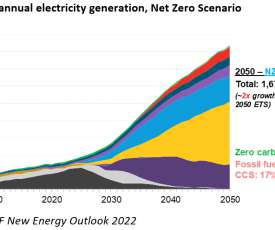
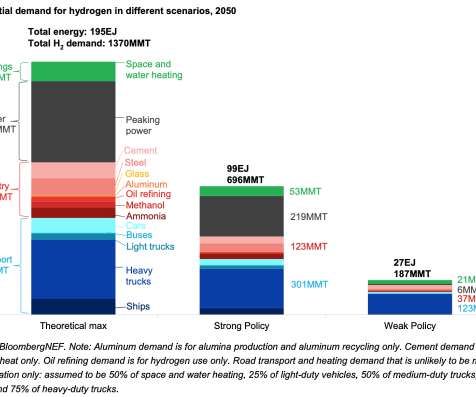
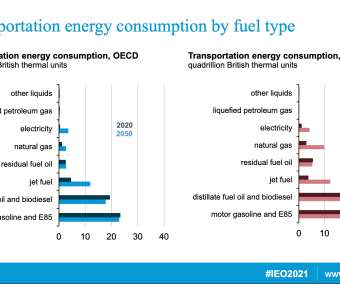




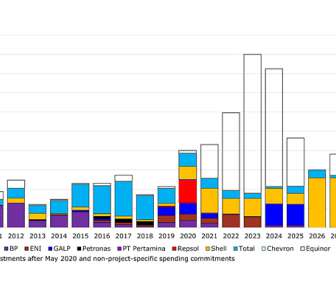
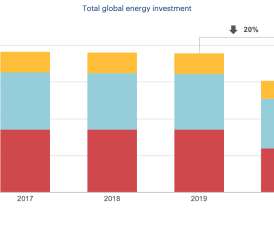





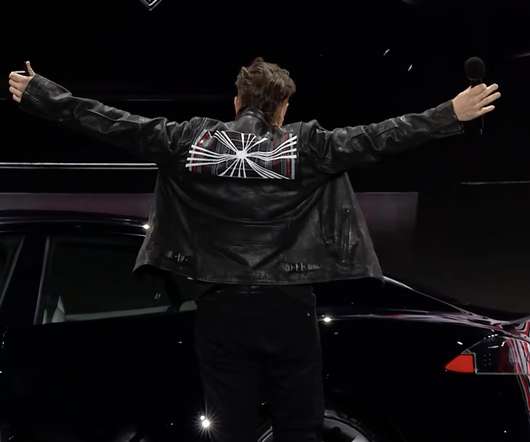



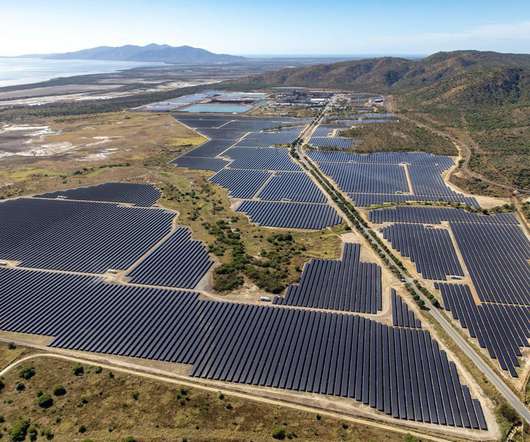

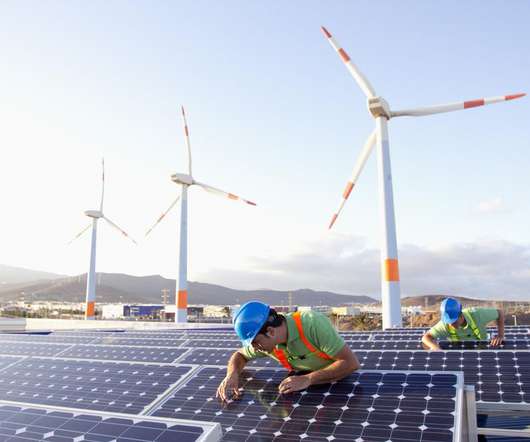



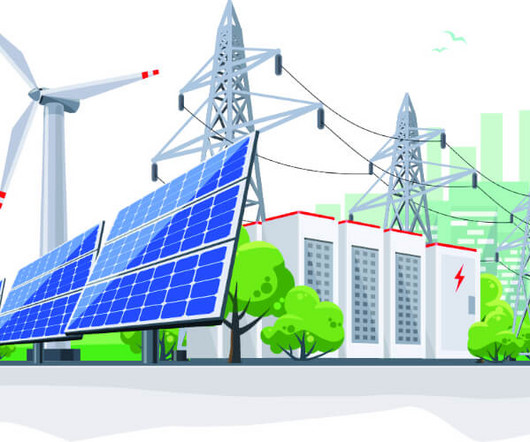
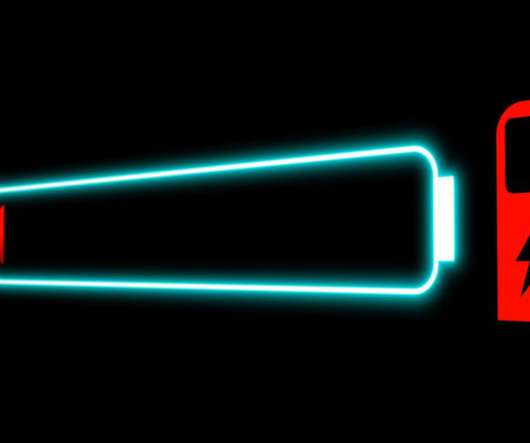
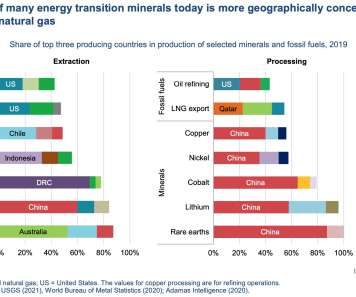
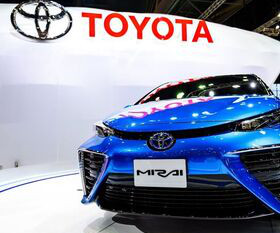






Let's personalize your content